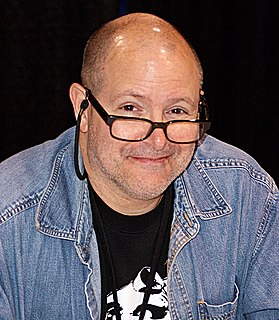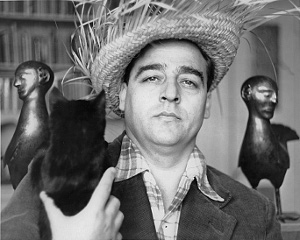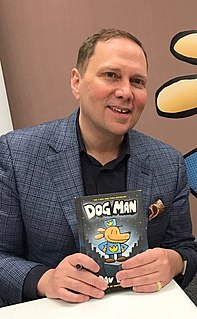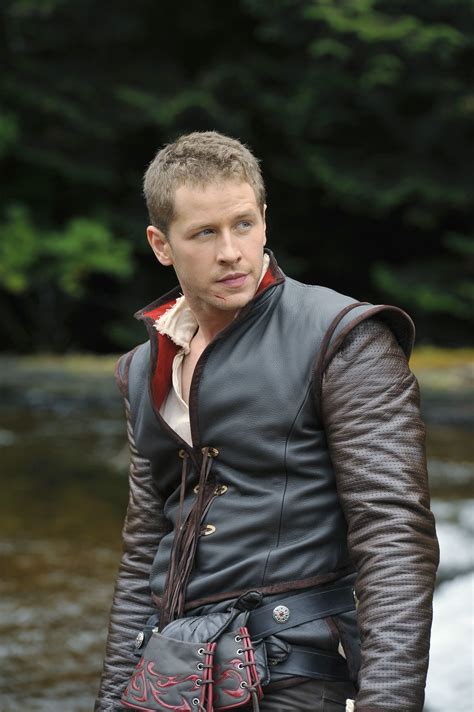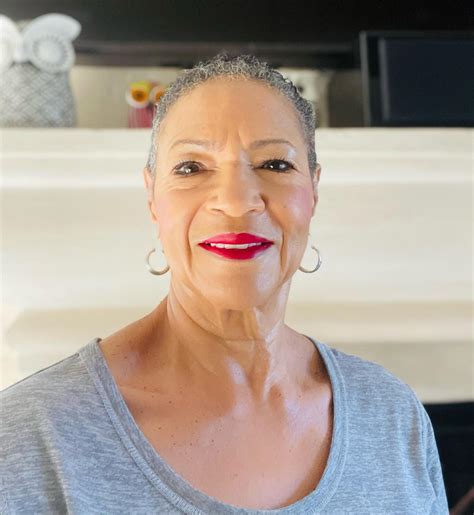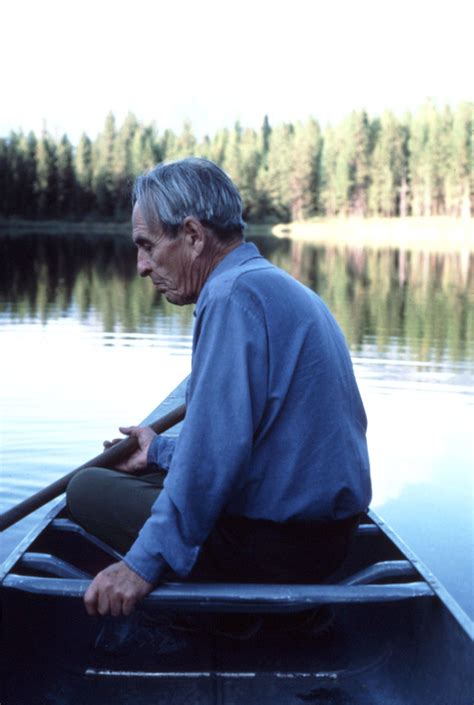A Quote by Chris Wooding
I hate SF books that think all you need to make a book is cool technology and mind-bending ideas without a decent plot or characters. And I hate when fantasy books are allowed to ramble off into five hundred page diatribes which don't advance the story one bit.
Related Quotes
Like any other person who reads a ton of books, I hate many, many books. Oh, how I hate them. I have performed dramatic readings of the books I hate. I have little hate summaries. I have hate impressions. I can act out, scene by hateful scene, some of these books. I can perform silent hate charades.
I look at all of world mythology and folklore as my toy to play with. There are just so many characters and creatures there I want to put on paper. It's a really exciting thing for me to take material that I really love and put a new coat of paint on it and present it to this audience. And I don't have to make up any of the characters. I can just pull a book of mythology off the shelf and say, "I'll use this guy." I also hate making up names for fantasy characters. I'll just flip through these books and say, "Wow, this is way crazier than anything I could make up".
When you realize my best selling books are 'Owl Moon,' the 'How Do Dinosaur' books, and 'Devil's Arithmetic,' how can the public make sense of that! I have fans who think I only write picture books or only write SF and fantasy. I have fanatics of my poetry and are stunned to find out I write prose, too!
I hate the way you talk to me, and the way you cut your hair. I hate the way you drive my car. I hate it when you stare. I hate your big dumb combat boots, and the way you read my mind. I hate you so much it makes me sick; it even makes me rhyme. I hate it, I hate the way you're always right. I hate it when you lie. I hate it when you make me laugh, even worse when you make me cry. I hate it when you're not around, and the fact that you didn't call. But mostly I hate the way I don't hate you. Not even close, not even a little bit, not even at all.
I think you will agree that I am alive in every part of this book; turn back twenty, thirty, one hundred pages - I am back there. That is why I hate the story; characters are not snakes that they must shed their skins on every page - there can only be one action: what a man is. When you have understood this, you will be through with novels.
In a 22-page comic, figuring an average of four to five panels a page and a couple of full-page shots, a writer has maybe a hundred panels at most to tell a story, so every panel he wastes conveying a.) something I already know, b.) something that's a cute gag but does nothing to reveal plot or character, or c.) something I don't need to know is a demonstration of lousy craft.
I think that actually the rhythmic nature of picture books and of young reader story books is a way to help kids fall in love with language and what you can do with it and how it sounds in your range. It sort of has a musicality but on the other hand they get the story and the ideas and the context of it. I think it's a way to get kids into it and I also think that when kids are around people who love books it rubs off on them.
Much of the way books get classified has to do with marketing decisions. I think it's more useful to think of literary books and sci-fi/fantasy books as existing on a continuum. To oppose them, to suggest that one category excludes the other, always feels bogus to me. The great Leonard Michaels line is "I wanted proximity to darkness, strangeness"? That's what I'd say I want from a book, regardless of where it falls on the fantastical spectrum - that suspense connected to a particular human character, rather than just some mechanized plot.


